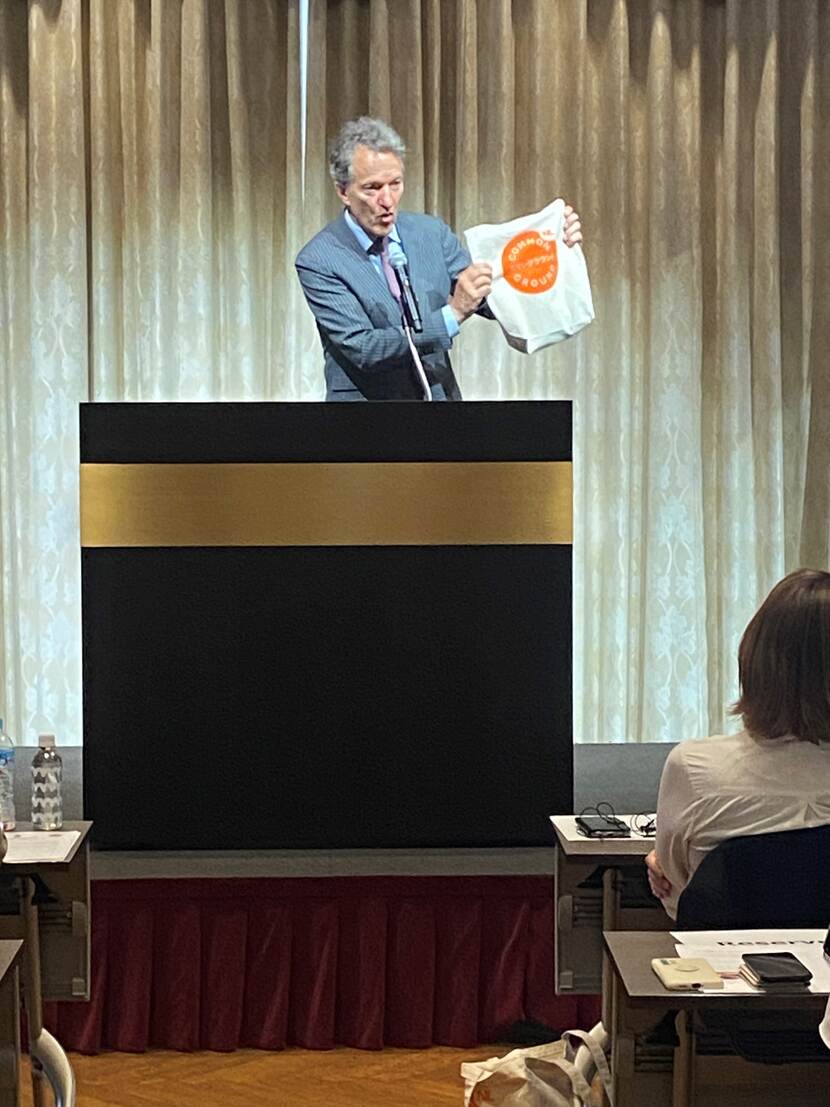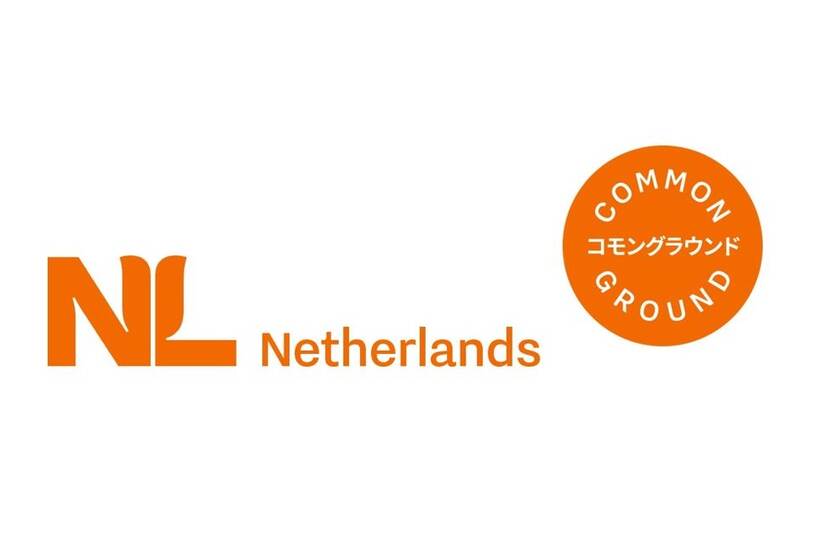Alternative Proteins: new promising area for Dutch-Japanese cooperation
Startups as well as major food companies in Japan are very active in research in plant-based and other novel foods, resulting in the country ranking 2nd in the number of related patents in the world. Although the current domestic market is small, Japan’s food industry recognizes the potential of the alternative protein market. Despite the apparent differences in approach, there is wide spread optimism about the future of the alternative proteins market, in Japan and elsewhere. The opportunities for collaboration with Dutch companies are considerable.
On 24 June, around 100 representatives from the private sector, universities, government, and media gathered at Tokyo’s Kudan Kaikan Terrace for a symposium on alternative proteins organized by the Netherlands Embassy in Japan. The symposium was held at the start of a fact-finding mission from the Netherlands to Japan, exploring possibilities for cooperation in the field of innovative and healthy food. With presentations by leading manufacturers of alternative protein products and an expert panel tackling items such as health aspects and ethical drivers, marketing strategies, global & international cooperation and regulations, the symposium contributed to a better understanding of the novel food industry in Japan, providing important input to the mission.
Download the invitation (programme), speakers’ profile & presentations

Vossenaar: “A very promising area of innovation for food and feed is microbial proteins, or Single Cell Proteins (SCP), fermentation, fungi, yeasts, bacteria and micro-algae.”


Protein transition: one of the drivers of Dutch alternative protein efforts
Opened by Gilles Beschoor Plug, Ambassador-Designate of the Netherlands, the symposium started off with a presentation on the Dutch National Protein Strategy. Frederik Vossenaar, special envoy at the Ministry of LNV explained how its core concept of the protein transition is an important driver of alternative protein efforts in the Netherlands, in addition to animal welfare. The intake of animal protein in the Netherlands far exceeds that of plant-based proteins, giving rise to public health and climate concerns. By stimulating the development of alternative protein sources for humans and animals, such as microbial proteins and cultured meat, and by educating consumers about healthy diets and sustainable choices the Dutch government intends to restore a more healthy 50-50 balance in animal and plant-based proteins. This approach, however, is not one generally taken in Japan.
Health and global development: main drivers alternative proteins in Japan
The audience heard from four speakers spearheading Dutch and Japanese companies active in the field of alternative protein products. Yukihiko Muratani, CEO of the Vegetarian Butcher Japan Business Unit, shared his experiences and insights as one of the first foreign ventures on the Japanese plant-based foods (PBF) market. Dennis Favier, CEO of Studio Fava, gave a presentation on building innovative concepts for plant-based, fermentation and cell-based ingredients. Kenji Takasaki, Manager at NH Foods, explained how his company, one of Japan’s frontrunners on PBF, envisions the future of food. And finally, Yuki Hanyu, Integriculture, gave an interesting talk on his company’s focus on building a cellular agriculture infrastructure.
From the various presentations it became clear that in Japan ethical concerns are considered less important as drivers of alternative proteins than health, taste, quality and price. The notion of a need for a protein transition does not ring with Japanese consumers, who on average eat much less meat than Dutch people do, nor with the Japanese government, which is rather more concerned about the tendency of a decreasing protein uptake by its elderly citizens. Nevertheless, Japan’s food industry does invest in the development of alternative proteins like plant-based foods and cultivated meat and fish as an additional healthy food option and with a view to global market developments. Interestingly, hybrid products, i.e. products consisting of (cultivated) meat and plant-based ingredients, were also mentioned as attractive new food options, tackling issues of taste and texture in plant-based foods.

Optimism about alternative proteins future
The presentations were followed by a panel discussion. Despite the apparent differences in the approach of alternative proteins, there was wide spread optimism among the panelists about the future of the market in Japan and globally. When asked by moderator Vossenaar to answer on a scale of 0 to 10 about the business opportunities for alternative proteins in five years' time, all panelists answered on a high scale of 7 to 10.
Various suggestions were offered to aid the development. Some panelists were cautious about putting more emphasis on plant-based proteins as the required minimum protein intake in Japan is supposedly not met. This is a common misconception, however, as surveys by Japan’s government show that the average protein intake is more than sufficient, with only the elderly showing a tendency to consume too little. Other panelists therefore argued that to promote a healthy plant-based diet against this common idea, the Japanese government and food industry should do more to influence consumers. As a start, the Japanese government should provide a sturdy regulatory framework on, for example, how to bring new alternative protein products to the market. Japanese companies could also put more effort into communicating why consumers should choose plant-based products. Clear and harmonized labeling standards between Japan and the EU would also be helpful in communicating with both consumers and food businesses.
At present, interest in alternative protein sources comes mainly from young people in Japan, so domestic demand may very will grow in the future. However, for now, Japanese market development is lagging behind, lacking a clear push from ethical concerns such as animal welfare which drives a lot of demand for non-animal products in the Netherlands. Nevertheless, the panel’s overall impression was that things are in flux and a lot is happening, now being a good time to reach out for cross-border collaboration.

Next symposium during World Expo 2025 Osaka Kansai in June 2025
The panel discussion marked the end of the successful event. In her closing remarks Agricultural Counsellor Denise Lutz voiced the hope that the symposium will contribute to fostering new links between the stakeholders in the alternative protein sector in the Netherland and Japan, spurring innovation & business cooperation toward the World Expo 2025 Osaka Kansai, and beyond. The Netherlands will participate in the Expo with various activities, including on the theme of sustainable food production and consumption.
The next edition of this symposium will be held in June 2025, during the World Expo 2025 Osaka Kansai.
The two editions thus far have been part of the “Common Ground – Road 2 Osaka” activities.
